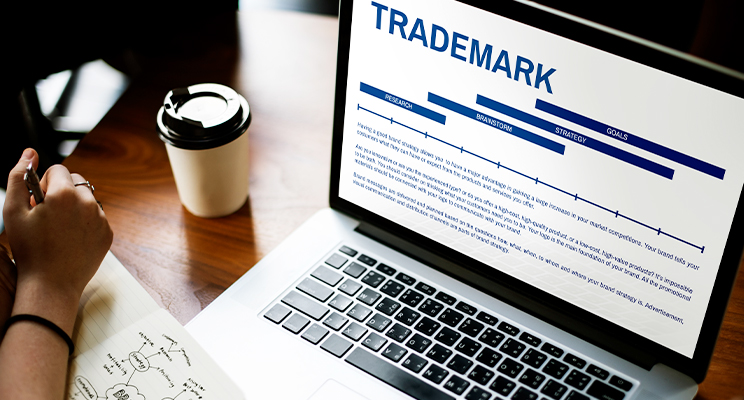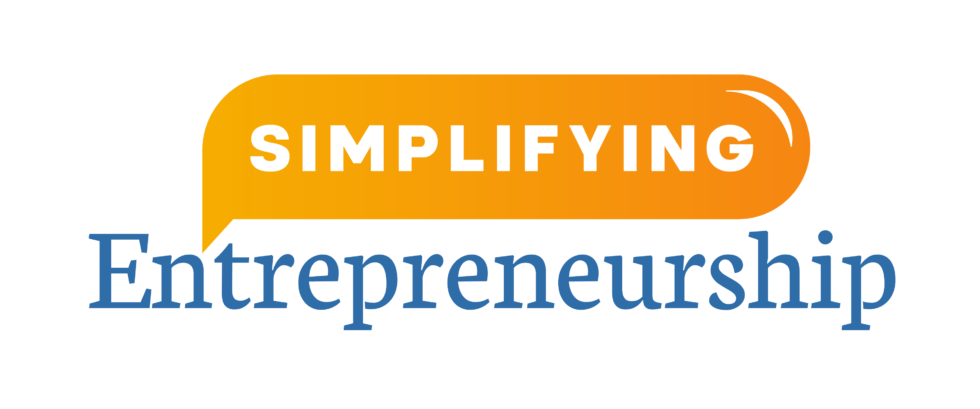Entrepreneurship entails a lot of things: motivation, innovation, resourcefulness, and so on. Ultimately, though, it all comes down to ideas. Entrepreneurs have great ideas that they seek to turn into lucrative business opportunities. So, let’s talk about the logistical aspect of monetizing those great ideas. Specifically, how do you protect your ideas from competitors or, worse, those who would pass your amazing idea off as their own?
You may be wondering the difference between various means of intellectual property protection, including copyright, patents, and trademarks. Let’s dive deep into these various processes and see which is best for your business.
Your Business Relies on Intellectual Property
First, let’s go over the core concept of intellectual property. As the name suggests, intellectual property is an intangible idea or process that belongs to you and your business. Early in your entrepreneurial journey, you may have heard (ill-conceived) advice to not worry about others stealing your ideas. I’ve even heard people say that only amateurs fear intellectual property theft. Well, that’s obviously not the case, or business owners around the world would not bother filing patents or trademarks.
Your intellectual property is the core of what makes your business unique and successful. To protect the ideas that drive your business’s momentum, you may require employees or contractors to sign an NDA, and you likely have certain trade secrets that make your business competitive. Those ideas falling into the wrong hands could impair your business’s success.
Let me go ahead and bust the myth that it is somehow amateurish or litigious to protect your intellectual property. After all, it’s yours! And it reflects the heart of your entrepreneurial idea. So, how can you protect it?
The Benefits of Copyright Law
The most well-known means of protecting intellectual property is copyright. Thankfully, copyright law is fairly generous. You usually don’t have to do anything special to obtain a copyright for your work. For example, simply by writing this article, I have already copyrighted it. (Although it’s still a good idea to add a copyright notice to your work.)
That said, the remedies for copyright infringement can be difficult to implement. If another business were to release a logo that looks eerily similar to mine, I could say that it’s an infringement of my brand’s copyright. However, that can be hard to hold up in court as it may be possible to construe the look-alike logo as simply a visually similar design.
That’s where more specific business protection processes, such as filing patents and trademarks, come in.
Hm, That Logo Looks Familiar…
The most recognizable brands in the world, the ones whose logos are instantly recognizable, have done a lot of intellectual property protection behind the scenes. Coke’s and Apple’s famous logos are not merely reflections of their great ideas. They have also trademarked those brand assets to ensure that they can capitalize on those great ideas.
A trademark is just what it sounds like — a way to uniquely identify a particular trader. When you file a trademark, you declare that your unique imagery and phrases are associated with your business. If another company attempts to mark their products and services with a similar logo or tagline, they are infringing upon your trademark. For example, if an electronics start-up began marketing with a bitten apple as its logo, they would be in some hot water!

So, do you need to file a trademark? If you’re a mom-and-pop shop serving only a local community, you probably don’t have to worry too much about any viable competitor stealing your logo, as annoying as that may be. However, if you’re a startup founder seeking to disrupt the industry or innovate a new product, you’re making a huge investment into your marketing. Trademarking your brand assets helps protect that investment from unscrupulous copycats.
Lessons from Edison
If you have spent a lot on R&D for an innovative new product, you’ll definitely want to file a patent. Patents are essentially a way of proving ownership of a process, device, or designs that is critical to your product’s market viability. In the U.S., a patent gives you exclusive rights to make and sell an invention for up to 20 years.
Patents are not only a means of defending your startup against would-be imitators, but also a clear sign of your authenticity and authority. Remember, several inventors were inventing lightbulbs before Edison started his tinkering. But who got the credit for the electric lightbulb? Edison, because he and business partner Joseph Swan held patents to the design — and other innovators ultimately had to join his company.
When history looks back, make sure that your unique product or process has your name on it!
Keep in mind, though, trademarks and patents only apply in countries in which you file for them. If you plan to only sell your product in your home country, you would simply file it there. However, if you aim to go international, you’ll need to file your patent or trademark in each country where you plan to do business.
That’s why it’s important to have a good strategy in place before you begin here intellectual property protection efforts. You don’t want to leave any gaps for copycat brands to come up!
Wrapping Up — Why You Need Intellectual Property Protection

All this paperwork and effort may seem excessive, especially if you’re just starting your business. Try to escape the mindset that good ideas and good marketing are sufficient to protect your startup. Your intellectual property is critical to your success. Why wouldn’t you do everything you could to protect it?
Focusing on intellectual property protection from the beginning enhances your mindset that your product or idea is worth investing in — and that you can capitalize on it. Plus, it’s always good to get your ducks in a row before you start spending money on marketing and advertising.
So, don’t delay in registering your trademark or patent if that suits your business strategy. Have a clear copyright notice and be willing to officially register works if needed. I’d recommend reaching out to a qualified lawyer to discuss your options. Bonus: they will be on hand in case you experience IP infringement.
Remember, your ideas are great. That’s why you’re an entrepreneur, right? Affirm your talent and start your business strong by giving your “light bulb” the protection it deserves.
This article is inspired by an interview with Devin Miller, an intellectual property lawyer who’s worked with lots of business owners. You can listen to the interview on the Simplifying Entrepreneurship Podcast or watch our full interview below:




0 Comments